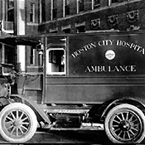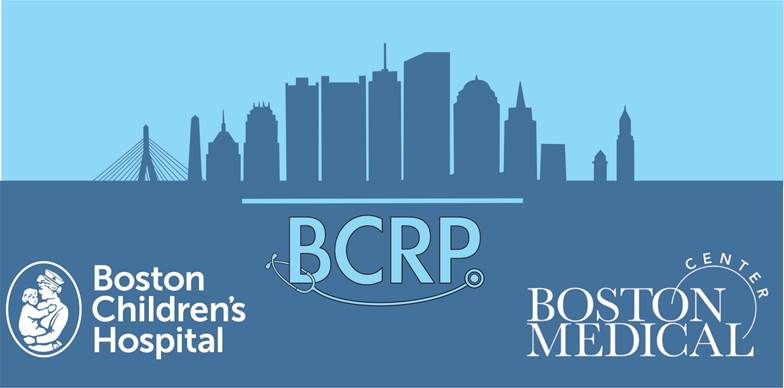Boston Medical Center History
The establishment of Boston City Hospital in 1864 was a major accomplishment for the city of Boston and milestone in the history of U.S. health care as it was the first municipal hospital in the country.
As such, Boston City Hospital began to provide much needed health care to those impacted by poverty, at that time the hospital’s population was primarily made up of Irish immigrants arriving to Boston in the mid-19th century.
Boston Medical Center, the result of a 1996 merger of Boston City Hospital and University Hospital, exists on the same grounds of the original Boston City Hospital, and carries forward the singular mission of providing “Exceptional Care without Exception” to historically and systemically underserved Boston communities with an overarching vision rooted in health equity.
In the first 50 years of its existence, Boston City Hospital did not have a Pediatric Service. Children were admitted to one of the four Medical or Surgical Services in wards that housed adults. In 1919 Boston City Hospital determined that two buildings, near the site of the current Menino Pavilion, would be dedicated to the care of children and this began the Pediatric Service at Boston City Hospital. With support from the City of Boston, funds were earmarked for a free standing Children’s Building, and in honor of the wife of Mayor Curley, the Mary E. Curley Pavilion for Children opened in 1932. This nine-story facility housed a Walk-In Clinic, an Ambulatory Clinic and a large inpatient Pediatric ward service, which occupied five stories of the Curley Pavilion.


Over the years, the Pediatric Service at Boston City Hospital has continued its long tradition of providing service and patient care to the families of Boston. The Department is a national leader in the areas of providing patient-centered, evidence-based clinical care, child health advocacy, health policy, public health, and innovative health services research. Since its inception under Dr. Martin J. English in 1923, the mission of the Department has continued to be integrated with the changing needs of Boston’s most vulnerable patients and vibrant communities. It has maintained sharp focus on such priorities as alleviating health care disparities across racial, ethnic, gender, language and immigration-related identities and experiences; compassionate treatment of patients impacted by substance use disorder and neonatal opioid withdrawal syndrome; housing and environmental justice; violence prevention and trauma-informed care; economic empowerment and school-based partnerships; infectious diseases; refugee health; childhood obesity; autism-friendly care; and medical informatics.
Members of the Department are responsible for founding such impactful, nationally-disseminated programs as Reach Out and Read, the Medical-Legal Partnership, Health Equity Rounds, and StreetCred. While the landscape of Boston has seen many changes in the 150-year history of Boston City Hospital/Boston Medical Center, the consistent mission of the Department of Pediatrics remains embedded in the framework of the families and children they serve. A review of the innovations pioneered by the Department has been published.



